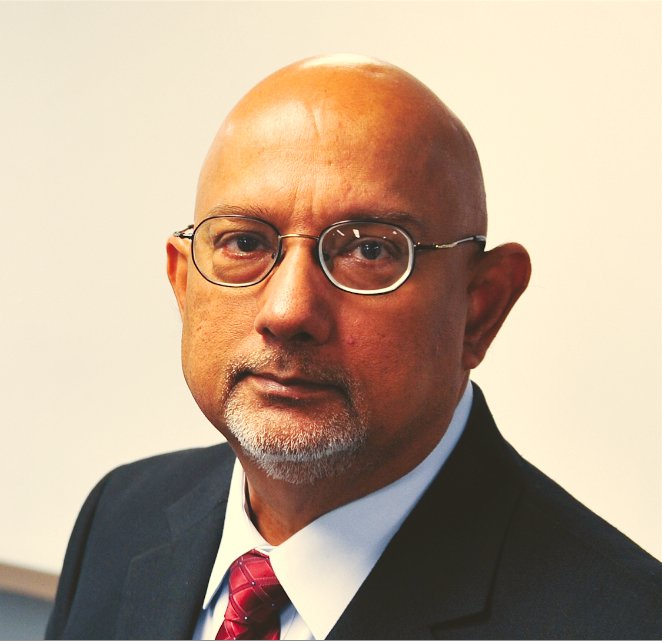What do the ancient Indian texts called the Upanishads have to do with sleep? Dr. Tandaw Samdarshi, associate professor of cardiology at the University of Mississippi Medical Center, is in the process of finding out.
In late December, 57-year-old Samdarshi began a sleep study with 1,200 African Americans who are also involved with the Jackson Heart Study, a long-term research project that is following more than 5,000 participants monitoring heart health. Samdarshi's study is the largest sleep study among African Americans ever undertaken.
A pilot study among JHS participants with heart problems found that 65 percent also suffered from sleep disorders. Based on the pilot, last summer, Samdarshi received a four-year, $3.8 million grant from the National Heart, Lung and Blood Institute to fund the full study.
Sleep is a major activity of our lives. If we live to be 79 and average seven to eight hours of sleep each night, it adds up to as many as 26 years--nearly a third of our life span. Still, we take that time for granted, Samdarshi said.
"We never think about it. We go to bed; every day we get up, and we don't think about those 26 years," Samdarshi said in a release. "With this study, we will see what the effects of sleep are."
Looking into ancient knowledge of sleep's health benefits, Samdarshi refers to the Upanishads, a collection of philosophical texts from India, the earliest of which date back to the 4th or 5th century BCE. They contain descriptions of sleep in four stages of consciousness: jagrata, or waking consciousness; svapna, or dreaming; deep sleep known as susupti; and turiya, an experience of pure consciousness.
"You are supposed to strive for that last stage," Samdarshi said. "You must have a strong will and meditate. This is where you can connect with the higher power."
The doctor is driven to understand and incorporate this ancient knowledge into modern medicine. If we could manage our sleep, he said, we would probably be far down the road to better overall health.
During the study, participants' at-home recordings will show researchers the quality and quantity of their sleep. Samdarshi and his team will study how activity and environmental factors such as noise, pollution and temperature affect sleep.
Ultimately, the team hopes the findings can reduce heart disease, stroke and other chronic conditions--and perhaps identify how to get more from the years spent asleep.
Originally from Patna, India, Samdarshi earned his medical degree from Patna Medical College Hospital in 1986. After training in internal medicine and cardiology, he moved to the U.S. and received his master of public health from Harvard University. The Jackson Heart Study brought Samdarshi to Jackson in July 2000.
Samdarshi's practice in India, where physicians use a combination of traditional and alternative treatments--whatever works best for patients--continues to fuel his interest in incorporating alternative medicine into health care in the U.S. A long-time practitioner of yoga, Samdarshi is also studing the effects of yoga and meditation on heart health.



Comments
Use the comment form below to begin a discussion about this content.
comments powered by Disqus